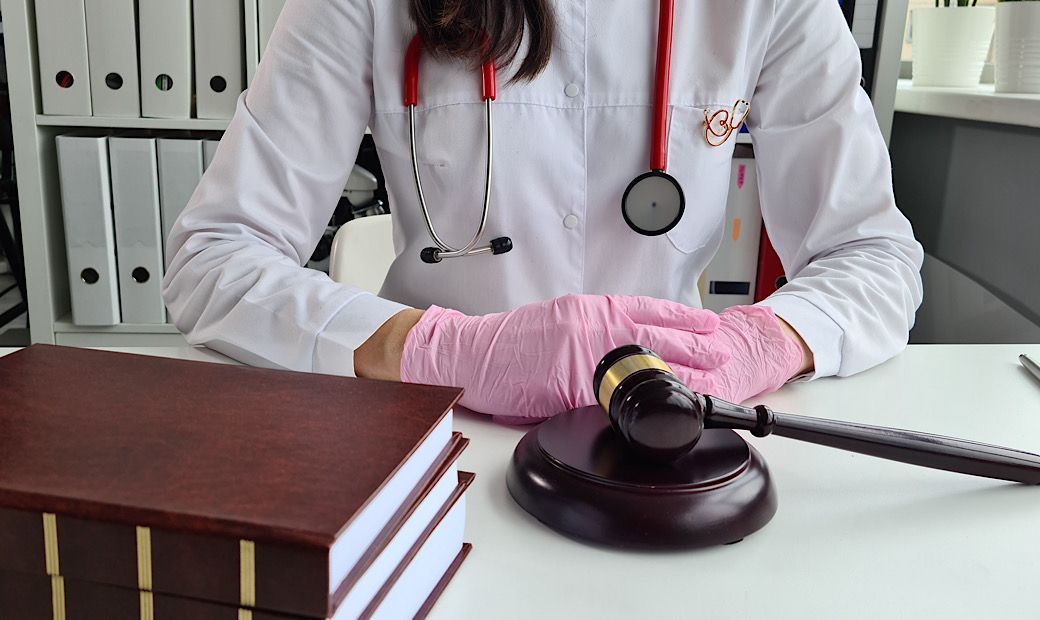Hospital Negligence: What You Need to Know

Hospitals are meant to be places of healing, but when negligence occurs, the consequences can be devastating. Understanding hospital negligence and its legal implications is crucial for protecting your rights and ensuring that healthcare facilities are held accountable for their actions.
What Constitutes Hospital Negligence?
Hospital negligence occurs when a healthcare facility or its staff fails to provide the standard of care expected, resulting in harm to a patient. This negligence can take many forms, including misdiagnosis, surgical errors, improper medication administration, or inadequate patient monitoring. Other instances might involve unsanitary conditions leading to infections or neglect of patient needs, such as failing to respond to calls for assistance.
Negligence in a hospital setting is particularly concerning because of the vulnerable position patients find themselves in. When a hospital’s failure to meet its duty of care results in injury or worsening of a patient’s condition, it can be grounds for a medical malpractice claim.
Legal Implications of Hospital Negligence
If you or a loved one has suffered due to hospital negligence, it’s important to understand the legal pathways available to seek compensation. A medical malpractice claim can be filed against the hospital, the attending physicians, nurses, or other healthcare staff involved. Proving negligence requires demonstrating that the hospital deviated from the accepted standard of care and that this deviation directly caused harm.
In Pennsylvania, specific laws and statutes govern medical malpractice claims. For instance, there is a statute of limitations that typically requires claims to be filed within two years of the incident. Additionally, Pennsylvania law mandates that an expert medical opinion must be obtained to establish that negligence occurred, which can be a complex process.
Steps to Take if You Suspect Hospital Negligence
If you believe you’ve been a victim of hospital negligence, there are several steps you should take to protect your rights:
Document Everything: Keep detailed records of your medical treatments, symptoms, and any communications with healthcare providers.
Seek a Second Opinion: If possible, get an independent evaluation of your condition to verify if the care provided was appropriate.
Consult Legal Counsel: Hospital negligence cases can be complex and require expert legal guidance. Consulting an attorney experienced in medical malpractice is crucial for navigating the legal process.
Act Promptly: Given the statute of limitations in Pennsylvania, it’s important to take action quickly to ensure your case can be filed in time.
Hospital negligence can have life-altering consequences, but you don’t have to face it alone. Frischman & Rizza, P.C. is dedicated to advocating for patients' rights and ensuring that hospitals and healthcare providers are held accountable for their actions. If you or a loved one has been harmed by hospital negligence, don't hesitate to reach out.
Contact Frischman & Rizza, P.C. today to discuss your situation and explore the options for seeking justice and fair compensation. Your health and safety deserve to be protected.





